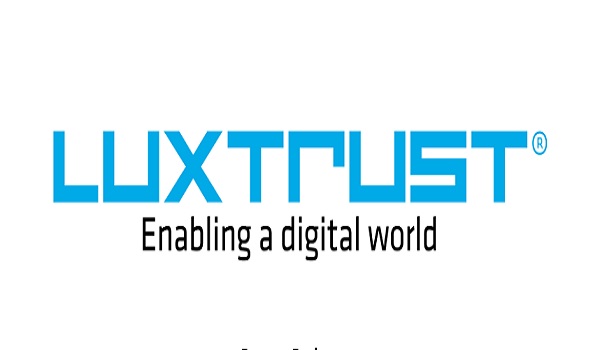
LuxTrust, the Luxembourg-based provider of digital identities and trust services, and itsme®, the Belgian mobile identity, yesterday presented their joint action plan to make their digital identities interoperable in both countries.
Today, itsme® and LuxTrust, each in their respective markets, share the same vision of a national high-performance digital ecosystem supported by a unique digital identity. This identity proves in the digital world that users are who they say they are and allows them to confirm and sign their online transactions with the highest level of confidence in a wide range of areas: government, healthcare, banking and insurance, communications, energy, human resources and temporary work, and so on.
Together, the two companies aim to offer a fully interoperable solution to the EU market with the highest level of assurance. The objective is to create a Belgo-Luxembourg digital identity ecosystem, creating value for citizens, businesses and institutions in both countries.
This interoperability is made possible because both parties are qualified trust service providers (eIDAS) recognised by the EU. The use of the itsme® application is widespread in Belgium, like LuxTrust in Luxemburg, in the financial sector among others because it meets all required levels of compliance.
Pascal Rogiest, CEO of LuxTrust, explained: “The emergence of a trusted international digital ecosystem will only occur through the interoperability of digital identities". He added: "[W]e are proud to establish the first concrete model of such interoperability in Belgium and Luxembourg through our partnership with itsme®. We believe that this partnership brings unparalleled business value to Belgian and Luxembourg banks and companies which can then consider a single identity management solution for operations in two countries. The integration of itsme® into LuxTrust's solutions, which now cover the entire Luxembourg ecosystem, now allows us to offer our solutions to professional operators in Belgium, thus reinforcing LuxTrust's international development, after France last month”.
Kris De Ryck, CEO of Belgian Mobile ID, also commented: “Europe is being built in real terms through its daily activities. After the success of the Belgian digital identity itsme®, launched just 2.5 years ago (more than 1.6 million Belgians, or 20% of the population, already use itsme® and generate 5 million transactions per month), it is clear that itsme® now has a place outside the borders of Belgium. [...] So we are pleased to strengthen the European facet of our application through our cooperation with LuxTrust”.
This integration is a European first and will take place in several stages. The first has already been completed, by making the authentication and signing of electronic documents possible using an itsme® identity for customers of LuxTrust's electronic signature solution, COSI. LuxTrust users can already create an itsme® identity today (so far, users equipped with a LuxTrust Scan). The itsme® application is available from the AppStore and Google Play.
The second stage of the operation started on Wednesday and will allow Luxembourg companies using LuxTrust platforms to offer their customers itsme® as one of the means to authenticate and confirm their transactions, and even later to generate a LuxTrust digital signature.
The Banque de Luxembourg, LuxTrust partner for the adoption of innovative authentication solutions, is the first Luxembourg bank to have deployed LuxTrust solutions in Belgium. It will also be the first Luxembourg bank to accept the itsme® digital identity of its customers residing in Belgium to access the Bank's online services, with the aim of achieving full interoperability and functional complementarity between itsme® solutions and LuxTrust's native solutions.
Romain Weiler, Member of the Management Board and COO of the Banque de Luxembourg, concluded: “We are delighted with this Belgo-Luxembourg cooperation, which provides high value-added solutions for our clients as well as for the Bank in our two key markets, in an area as vital as that of digital identity".








